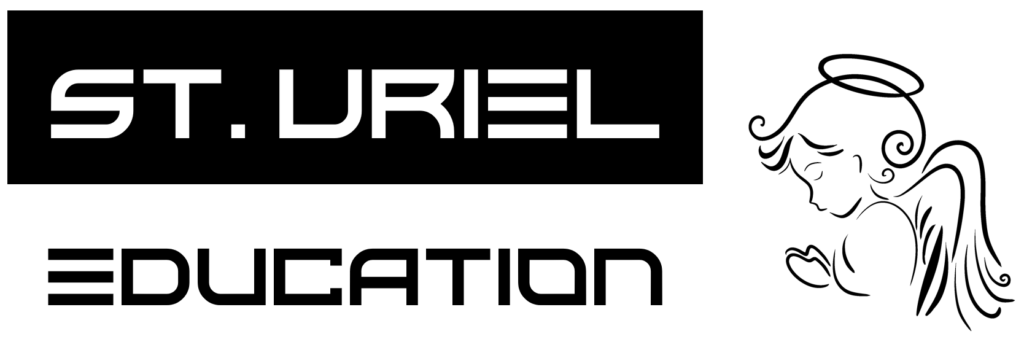In this post, I share with some of King tips that stand out to me. I hope you find them helpful.
1. Writing toolbox
I want to suggest that to write to your best abilities, it behooves you to construct your own toolbox and then build up enough muscle so you can carry it with you. Then, instead of looking at a hard job and getting discouraged, you will perhaps seize the correct tool and get immediately to work. (p. 114)This toolbox is composed of several layers:
1st layer : vocabulary
Vocabulary is an important element in Stephen’s toolbox . Here is what he said about it:
2nd Layer: Grammar
Grammar, for Stephen, is not only “a pain in the ass, it is the pole you grab to get your thoughts up on their feet and walking” (p. 121). To make a better use of grammar in your writing, avoid the use of passive voice.
“With adverbs , the writer usually tells us he/she is afraid he/she is not expressing himself/herself clearly, that he or she is not getting the point or the picture across.” (p. 124)
2. Reading
Another thing which Stephen insisted on as being integral to the act of writing besides creating a toolbox is reading. Extensive reading is sine qua non for any writer and Stephen himself stated that he reads between 70 to 80 novels a year. On the importance of reading , Stephen said: The more fiction you read and write the more you will find your paragraphs forming on their own. And that’s what you want. When composing it’s best not to think too much about where paragraphs begin and end, the trick is to let nature take its course. If you don’t like it later on, fix it then. (p. 132)He further added :
The real importance of reading is that it creates an ease and intimacy with the process of writing … Constant reading will pull you into a place (a mindset) where you can write eagerly and without self-consciousness. It also offers you a constantly growing knowledge of what has been done and what hasn’t, what is trite and what is fresh, what works and what just lies there dying (or dead) on the page. The more you read the less apt you are to make a fool of yourself with your pen or word processor. (p. 150)
Indeed, Stephen King’s book, On Writing: A Memoir of The Craft , contains a treasure trove of writing tips that you should not miss. Take my word, the book is nothing like those boring academic self help guides. Even with a non-fiction book, King turns it into an enticing narrative that hooks you in the moment you start reading it. Check it out and share with us how your feedback.
